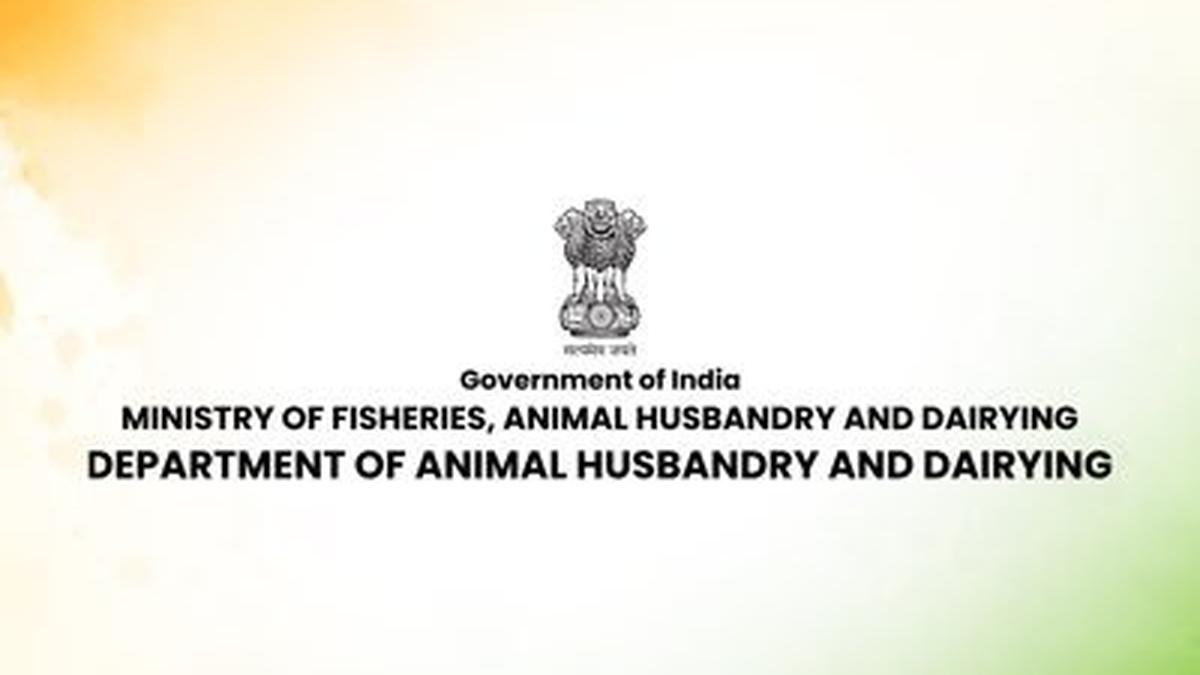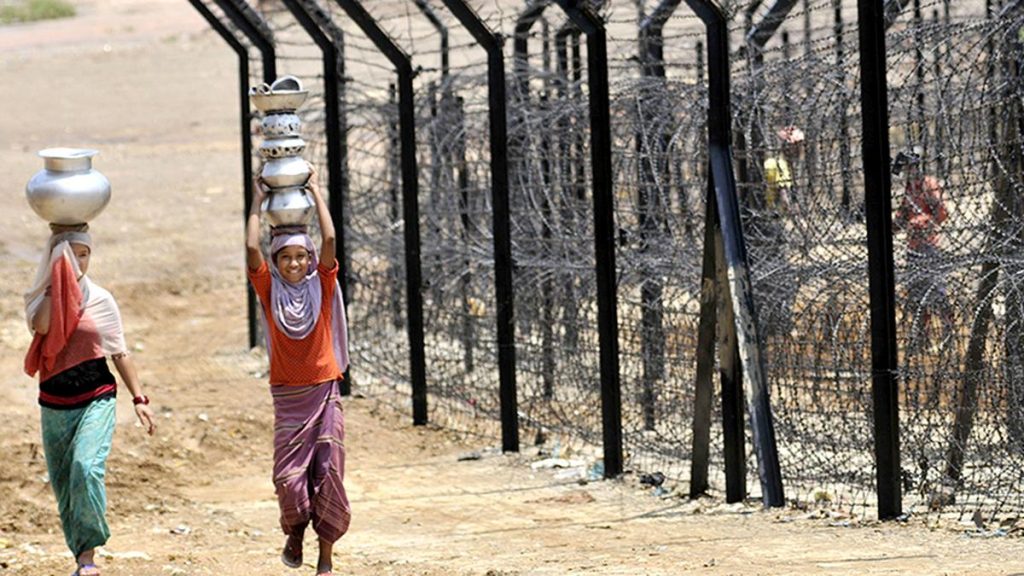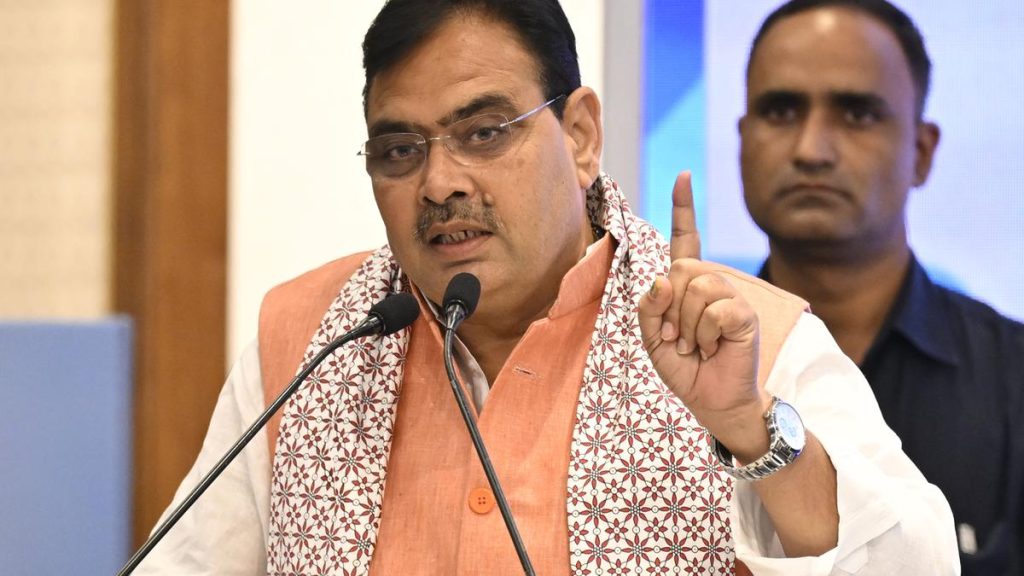Now Reading: Centre Introduces Guidelines for Animal Blood Transfusion
-
01
Centre Introduces Guidelines for Animal Blood Transfusion
Centre Introduces Guidelines for Animal Blood Transfusion

Quick summary
- The union Department of Animal Husbandry and Dairying (DAHD) has issued guidelines and Standard Operating Procedures (SOPs) for veterinary blood transfusion and blood banks across India.
- Key measures include state-regulated veterinary blood banks wiht biosafety standards, mandatory blood typing, cross-matching, donor eligibility norms, voluntary donations, informed consent procedures, transfusion monitoring protocols, and adverse reaction management.
- A national Veterinary Blood Bank Network (N-VBBN) will feature digital registries with real-time inventory tracking.
- Benefits outlined include safer animal transfusions in emergencies, improved health outcomes for livestock leading too reduced mortality rates for farmers’ animals. Broader societal benefits include enhanced animal welfare and stronger food security.
- India previously lacked standardized frameworks for veterinary transfusion medicine; most procedures relied on informal practices without donor screening or proper storage protocols.
- Guidelines align with “One Health” concepts to reduce zoonotic risks while encouraging advancements like mobile collection units, cryopreservation technologies for rare blood types, mobile apps to match donors/recipients seamlessly.
Indian Opinion Analysis
The newly introduced guidelines by the DAHD mark a notable step forward in improving IndiaS approach toward veterinary healthcare. Establishing standardized procedures is crucial as it replaces haphazard practices historically used during animal transfusions across the country. By focusing on safety mechanisms such as biosafety protocols and structured donor screening processes alongside introducing modern tools like the National Veterinary Blood Bank Network (N-VBBN), these reforms could perhaps enhance emergency care viability for animals.
From a macro perspective,healthier livestock supported through effective medical care can foster agricultural resilience-a vital consideration given India’s dependence on rural livelihoods tied to farming.Integrating ‘One Health’ principles also underscores an important commitment to public health by addressing zoonotic threats systematically. With innovation encouraged in areas such as cryopreservation techniques or app-based matching systems aiding regional accessibility gaps further-we may see ripple effects benefiting both industry stakeholders long-term security alongside humane ethical standards preserved thoughtfully ensuring welfare parity universally onward trajectory ahead societal benefaction cumulatively promising implications
Read more: Link

























